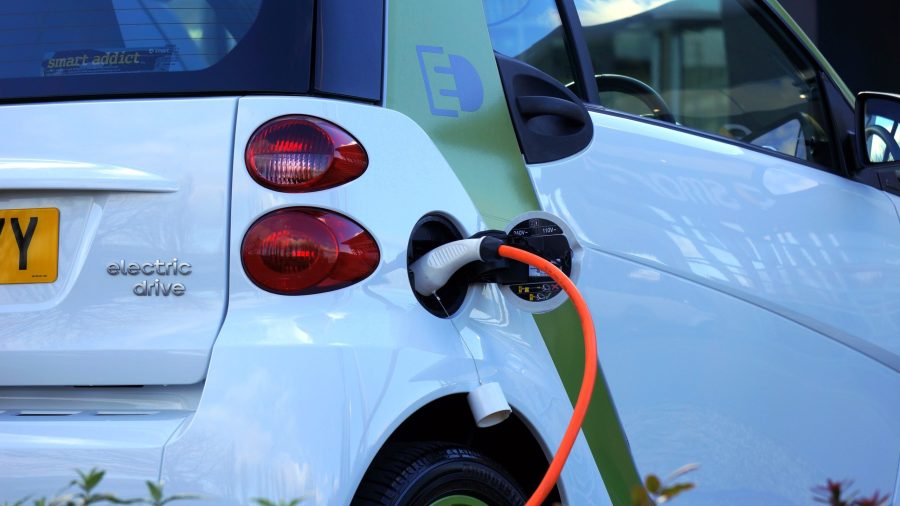Pioneering Innovations Transforming the Way We Drive and Interact with Vehicles
The automotive industry is experiencing a technological revolution, with the emergence of connected cars redefining the driving experience. As the world becomes increasingly interconnected, cars are transforming into intelligent machines that seamlessly integrate with our digital lives. Join us as we delve into the concept of connected cars and explore the innovative technologies shaping the future of automotive transportation.

Connected cars represent a paradigm shift in the way we interact with vehicles. Combining advanced sensors, artificial intelligence, and high-speed internet connectivity, these intelligent machines offer a range of features and services that enhance safety, convenience, and overall driving experience.
One of the key aspects of connected cars is the ability to access and exchange information in real-time. By leveraging internet connectivity, connected cars can communicate with other vehicles, infrastructure systems, and even pedestrians, creating a networked ecosystem that fosters safer and more efficient transportation. Vehicle-to-Vehicle (V2V) and Vehicle-to-Infrastructure (V2I) communication systems enable real-time data sharing, allowing vehicles to detect and respond to potential hazards, traffic conditions, and road anomalies.
Enhanced safety features are a significant benefit of connected cars. Advanced driver-assistance systems (ADAS), such as adaptive cruise control, lane-keeping assist, and automatic emergency braking, utilize sensors and data analysis to provide a safer driving experience. These systems can detect potential collisions, warn drivers of hazardous situations, and even take proactive measures to prevent accidents, ultimately reducing the number of road accidents and fatalities.
In addition to safety, connected cars offer a wide range of convenience features. Integrated infotainment systems provide access to a variety of services, including navigation, entertainment, and hands-free communication. Drivers can enjoy voice-activated controls, smartphone integration, and access to streaming services, making their time on the road more enjoyable and productive.
Furthermore, the concept of connected cars extends beyond the vehicle itself. Smart cities and intelligent transportation systems are working in tandem with connected cars to create a more efficient and sustainable transportation ecosystem. Traffic management systems can analyze real-time data from connected cars to optimize traffic flow, reduce congestion, and improve overall mobility. Additionally, connected cars can contribute to environmental sustainability by optimizing fuel consumption, reducing emissions, and supporting electric vehicle infrastructure.
The evolution of connected cars also opens doors to new business models and opportunities. Automotive manufacturers are increasingly collaborating with technology companies, software developers, and service providers to offer a wide range of connected services. These include remote vehicle diagnostics, predictive maintenance alerts, over-the-air software updates, and personalized driving experiences tailored to individual preferences. Furthermore, connected cars create opportunities for data-driven services, such as usage-based insurance, personalized advertising, and targeted location-based services.
However, as connected cars become more prevalent, cybersecurity and data privacy are critical concerns. The increased connectivity and reliance on digital systems introduce potential vulnerabilities that require robust security measures. Automakers and technology companies are investing heavily in cybersecurity protocols to protect against unauthorized access and ensure the privacy of driver data.
In conclusion, connected cars are revolutionizing the automotive industry, offering a host of benefits that enhance safety, convenience, and sustainability. The integration of advanced sensors, artificial intelligence, and high-speed connectivity is transforming vehicles into intelligent machines that seamlessly interact with our digital lives. As the concept of connected cars continues to evolve, we can expect further advancements that will shape the future of transportation, creating a safer, more efficient, and truly connected mobility ecosystem.


